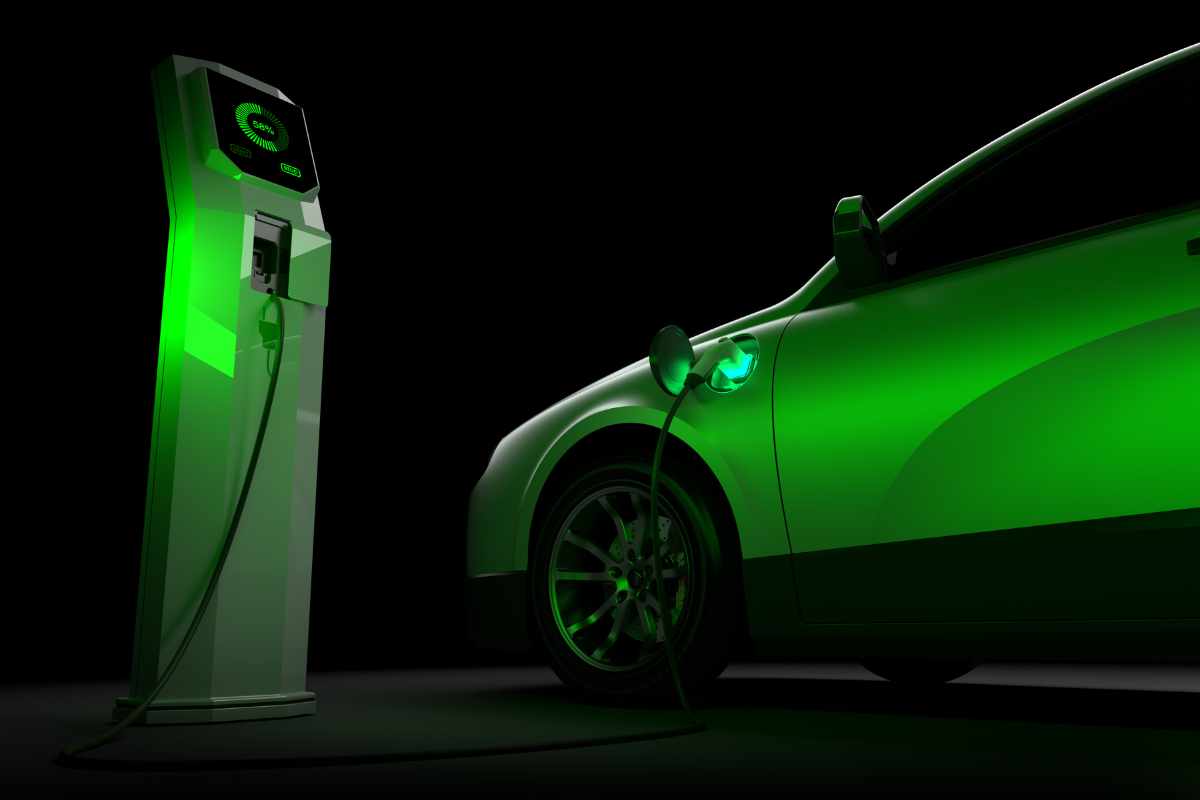Electric vehicles (EVs) have seen a surge in popularity in recent years, with an estimated 1.5 million in the UK as of October 2023, and this number is expected to rise to a staggering 8 million by 2030.
This growth of electric vehicles comes after the UK government declared a climate emergency in 2019, and conversations around global warming and adopting greener behaviour made their way into the mainstream. This has resulted in businesses and individuals alike switching to electric transport in an attempt to reduce their emissions.
Why Are We Seeing a Growth of Electric Vehicles?
Transport is responsible for one fifth of global carbon dioxide emissions, making it a great place to start for businesses and individuals wanting to reduce their environmental impact. Electric vehicles produce zero tailpipe emissions, and many have renewable energy charging capabilities, meaning they produce about half as many harmful emissions in their lifetime when compared to traditional ICE vehicles.
As part of the UK government’s net zero goals, they are encouraging the growth of electric vehicles by offering drivers incentives to switch, such as lower tax rates and grants for charger installation.
For example, EVs are currently exempt from road tax, as well as Clean Air Zone fees due to their lack of tailpipe emissions. By switching to EV, drivers can not only help save the planet, but can also save themselves money.
Although EVs have a higher upfront cost in comparison to ICE vehicles, their maintenance and running costs can be significantly lower. EVs have fewer moving parts than their fuel-reliant counterparts, meaning there is less that can go wrong. You are also protected from fluctuating fuel costs and with many home EV chargers, you can schedule your charges for off-peak times when your energy rates are lower.

EV Market Growth
Another part of the UK government’s net zero goal is their promise to ban the sale of all new petrol and diesel vehicles by 2035. Because of this, car manufacturers are now investing heavily to create new EV models to meet increased demand, with many more affordable options being developed in attempt to boost sales across a range of customer demographics.
This has resulted in the EV market expanding rapidly, and as more well-known manufacturers start to release EVs, more drivers are being persuaded to make the switch.
In terms of EV growth projections, the global EV market is expected to expand by 15.9% between 2023 and 2035 as ICE vehicles become less widespread and the range of EVs available continues to grow. Some car manufactures are even pledging to go all-electric ahead of the ICE ban, including Volvo, who stated that from 2019, they will stop producing ICE vehicles, and all new releases will be all-electric.
How Does Charging Infrastructure Affect the Growth of EVs?
One of the biggest barriers slowing down EV growth is the perceived lack of charging infrastructure available in public spaces. Although this may have once been a very real concern, in recent years, the number of publicly available charge points has increased vastly.
According to ZapMap, ‘at the end of October 2023, there were 51,516 electric vehicle charging points across the UK, representing a 45% increase in the total number of charging devices since October 2022’. Much of this can be attributed to schemes such as the Workplace Charging Scheme (WCS), which helps businesses with the cost to install charge points on their premises, alongside local council initiatives aiming to electrify transport and keep air pollution in cities and other local areas down.
In addition to the increase in public charging infrastructure supporting the growth of EVs, home charging is quickly becoming a more popular choice for domestic users with around 80% of EV charging taking place at home. Many domestic users may also be eligible for grants to help with the cost of installation. For more information on government grants, and to find out what you could be eligible for, check out our EV Grant Guide.

EV Charging for Businesses
An increasingly popular initiative for businesses looking to diversify, is to install EV charge points on their premises for customer use. This not only helps meet the demand for publicly available EV chargers, but also has a range of benefits for the business itself.
For example, as well as generating a bonus stream of income by charging for use of chargers, businesses can increase both customer footfall and dwell time, in turn boosting sales.
By installing charge points, businesses can also showcase their green initiatives, appealing to like-minded customers who may be more inclined to support a company that shares their values.
If you’re thinking about installing EV charge points for your business and want more information, check out these EV guides or get your free installation quote with Yü Charge, to start your journey on the road to a more sustainable future.
What Does the Future Growth of EVs Look Like?
The growth of EVs in recent years proves that they are not going anywhere. And while there may still be a way to go before every vehicle on the road is electric, infrastructure and production techniques are continuing to develop and push us closer to an all-electric future.
The projected growth of EVs looks promising, with EV sales and registrations continuing to rise year-on-year and more public charge points popping up every week. Alongside attitudes towards electric transport becoming more favourable and the UK government driving us towards sustainable travel, EV growth is set to continue rising.

Ready to Join the Future of Sustainable Transport?
Are you ready to go electric? Join the thousands of drivers who are already saving money and the planet with greener transport! Find out more about Yü Charge’s range of EV chargers for homes or businesses, and get your free, no obligation installation quote today.

 0115 975 8258
0115 975 8258

